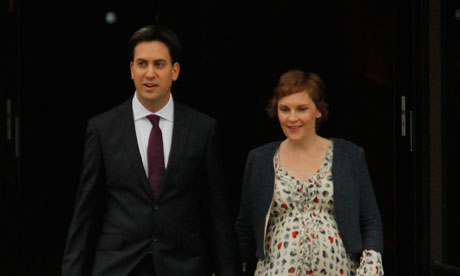
Journey into the Whirlwind
Within the Whirlwind
By Eugenia Semyonovna Ginzburg
The Thinking Housewife Book Club
Years ago, I picked up the books of Eugenia Semyonovna Ginzburg and was so astonished by the clarity of her memories and by both the Stoicism and feeling with which she described unimaginable suffering, cruelty and bureaucratic absurdity, that I vowed to actively remember her forever, as if she was a relative or a good friend lost in a plane crash. That’s why I return, and I imagine others return, to these books every so often and remember her remembering, vicariously reliving that time when Ginzburg was in solitary confinement in the Yaroslavl prison, the days when she traveled the Sea of Okhotsk in the stench-filled hold of a slave ship and that moment when she encountered berries in the snow while felling trees in the subarctic Siberian taiga:
It was already May when, as I was crouching close to the ground in order to cut the branches off a felled larch tree, I noticed in the thawed patch near the stump that miracle of nature – a sprig with five or six berries on it, of a red so deep that they looked almost black, and so tender that it broke one’s heart to look at them. As with all over-ripe beauties, they could be destroyed by the slightest touch, however careful. If you tried to pick them., they burst in your fingers; but you could lie on the ground and suck them off the branch with your dried, chapped lips, crushing each ojne separately against your palate and savoring its flavor. The taste was indescribable, like that of an old wine – and not to be compared with ordinary cranberries: its sweetness and heady flavor were those of victory over suffering and winter. (Journey into the Whirlwind, Transl. Paul Stevenson and Max Hayward)
Soviet Communism lies in the dustbin of history, but for all that has been said and written, its full reality has not permeated the consciousness of many Westerners. The extremity of their suffering calls us to know at least some of the victims of Soviet Communism up close. Yet the inhabitants of the dark underworld of Soviet concentration camps, the zeks and deportees, the exiles and prisoners, still have not gained the attention they are due. Alexander Solzhenitsyn is world famous, but other accomplished memoirists have never achieved the ranks of Anne Frank, Primo Levi or Elie Wiesel. The warmth once extended to Stalin and, to Communism in general, perhaps lives on in the muted horror over their legacy. Lingering bad conscience, the close affinity of Communist ideals of equality and social justice to the objectives of modern liberalism, must explain why someone like Ginzburg is rarely read in American high schools or universities. Here is an author meant for the student pondering the lessons of the twentieth century. And, regardless of its lessons, here is a story as gripping as the best works of the imagination. (more…)



![bigstockphoto_Fern_Fronds_3020682[1] bigstockphoto_Fern_Fronds_3020682[1]](https://thinkinghousewife.com/wp/wp-content/uploads/2010/10/bigstockphoto_Fern_Fronds_30206821-115x150.jpg)



